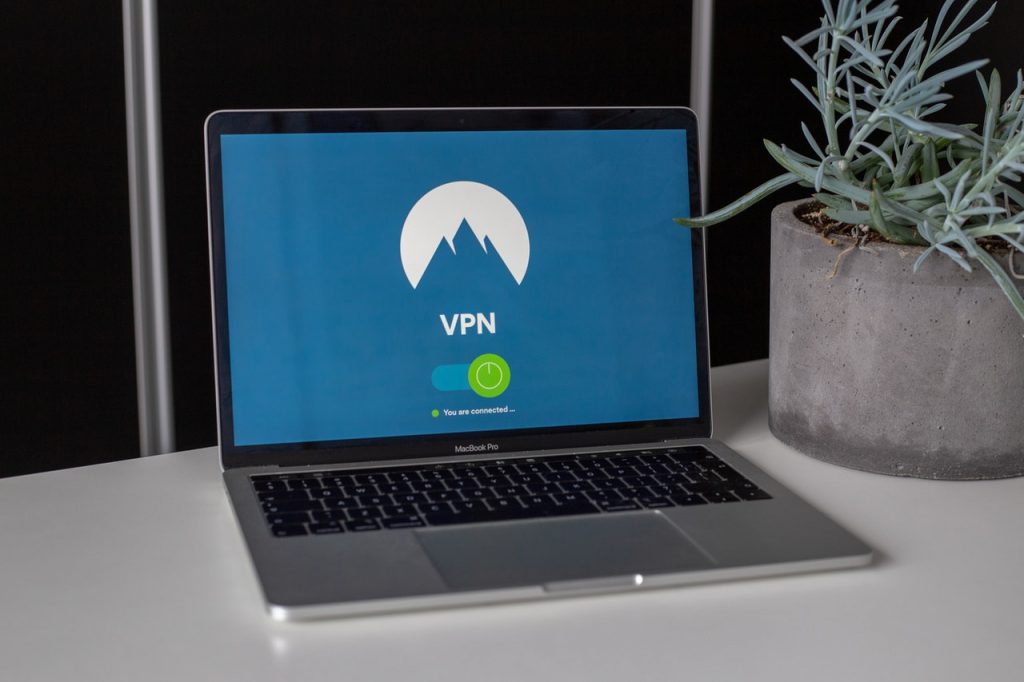Fastest VPN

We all spend tons of time online. Online shopping, watching Netflix, browsing social media, streaming music, gaming — whatever it is you’re doing, you don’t want your VPN to be slowing you down. That’s why we’ve tested three of the top VPNs on the market today, and put them head-to-head to see which one is the fastest of them all!
ExpressVPN, NordVPN, and Surfshark — keep on reading to see which one comes out on top!
A brief explanation
To make things as fair as possible, all three VPNs had their settings configured to default and the VPN protocols used were the recommended ones. Here are the protocols we used:
- ExpressVPN: Lightway
- NordVPN: NordLynx
- Surfshark: IKEv2

The Surfshark UI — clean and clutter-free
It’s important to note that testing the speed of a VPN in a way that can provide practical consumer buying advice is not an easy task. Somebody in California may experience great speeds using a particular VPN, whereas somebody in Connecticut could receive significantly slower speeds using the same VPN provider. There are also fluctuations in VPN performance day to day. However, we’ve taken steps to ensure we give you the best, most actionable advice possible.

NordVPN has been a really popular choice for years now
Speedtest.net results
Speedtest.net is a web service that can be used to measure internet connection speed and latency. But before we go any further, just a quick bit of information:
- Latency (ping) — The delay between the transfer of information and its request. Particularly important if you will be gaming online. Lower is better.
- Download speed —Most online activities, such as video streaming, shopping online, browsing social media, rely much more on download speed than upload speed. Higher is better.
- Upload speed —Certain online activities do require a decent upload speed, however. These include video calls, sending emails with large attachments, and uploading high-quality videos to social media. Higher is better.
We conducted the Speedtest.net testing twice, each time connecting to a different server. This way it gives us a more accurate representation of the VPNs’ true speed capabilities. Here are the results:
Testing round #1 — Los Angeles server
| VPN | Latency (ms) | Download speed (Mbps) | Upload speed (Mbps) |
| ExpressVPN | 156 | 70.1 | 2.4 |
| NordVPN | 158 | 75.7 | 5.2 |
| Surfshark | 170 | 75 | 3.1 |
Testing round #2 — Seattle server
| VPN | Latency (ms) | Download speed (Mbps) | Upload speed (Mbps) |
| ExpressVPN | 183 | 72.3 | 2.3 |
| NordVPN | 256 | 67.3 | 2.1 |
| Surfshark | 256 | 69.3 | 1.5 |
As you can see, there was some variation between testing rounds. However, ExpressVPN came out on top more so than the others — only losing out in the download and upload speeds tests in the first testing round. Overall, all three VPNs had comparable results, but ExpressVPN did prove to have considerably lower latency, especially in the second round of testing.

Express VPN performed superbly well throughout all our testing
Web page loading time
This one’s more of a real-world test than the previous one. While connected to each VPN, we opened up seven different popular websites and timed how long they took to load. Once again, we conducted the testing twice, connecting to the same LA and Seattle servers. Here are the results (all times given are in seconds):
Testing round #1 — Los Angeles server
| VPN | YouTube | Wikipedia | Amazon | TOTAL | ||||
| ExpressVPN | 2.5 | 5 | 3.6 | 1.3 | 3.2 | 3.2 | 5.5 | 24.7 |
| NordVPN | 2.9 | 5.8 | 4.1 | 1.7 | 5.4 | 4.6 | 6 | 30.8 |
| Surfshark | 2.7 | 5.5 | 4.2 | 1.6 | 16.5 | 4.1 | 6.5 | 41.2 |
Testing round #2 — Seattle server
| VPN | YouTube | Wikipedia | Amazon | TOTAL | ||||
| ExpressVPN | 2.4 | 4.3 | 3.2 | 1.3 | 3.7 | 2.9 | 4.4 | 22.5 |
| NordVPN | 3 | 6.1 | 4.4 | 1.9 | 7.3 | 4.1 | 6.8 | 33.8 |
| Surfshark | 2.9 | 6.9 | 4.6 | 1.8 | 16.5 | 5.1 | 6.8 | 44.9 |
When web pages don’t load quickly, it’s annoying, which makes this an important test. And across the board, ExpressVPN reigned supreme. The difference in loading times between most sites was relatively marginal, but for some reason, Amazon loaded considerably more slowly when using Surfshark and NordVPN.
While in isolation the differences are small (the figures given are in seconds, remember), over time things do add up. You’ve only got to look at the TOTAL column of either testing round to see that an appreciable amount of time was saved just opening these seven websites once — and think about how many times you open them every week or month! However, it was Amazon that contributed most to the difference in overall loading times, so if you do your online shopping elsewhere, you don’t have to worry so much about these results.
And the winner is…
ExpressVPN! Yep, no surprises here. ExpressVPN came out on top in every round of testing, proving that out of the big three VPNs on the market, there’s none faster! It is significantly more expensive than both NordVPN and Surfshark, however, so if getting the very fastest speeds possible isn’t a huge concern for you, you could easily save yourself some cash.